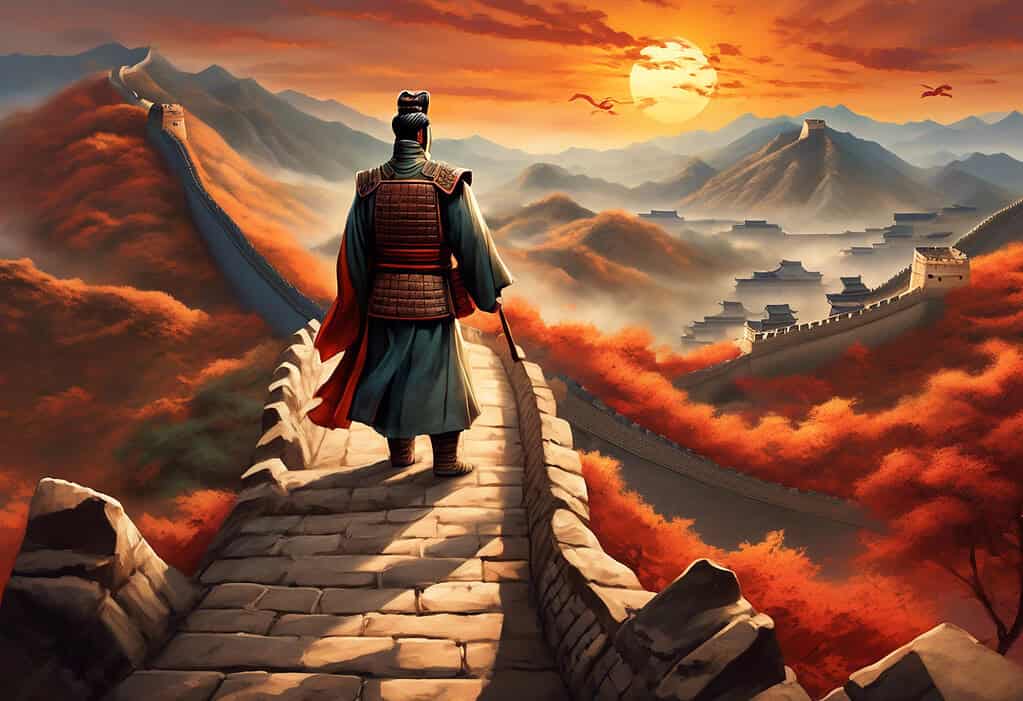Have you ever wondered about the ancient Qin Dynasty of China? This powerful dynasty ruled from 221 BC to 206 BC and left a lasting impact on Chinese history. While you may have heard about the famous Terracotta Army or Emperor Qin Shi Huang, there are many fascinating facts about the Qin Dynasty that often go unnoticed. In this listicle, we will explore five things you didn’t know about the Qin Dynasty.
Join us as we delve into the lesser-known aspects of the Qin Dynasty, such as their legal reforms, technological advancements, and cultural contributions. From the construction of the Great Wall to the standardization of weights and measures, the Qin Dynasty was a time of immense growth and progress in China. Get ready to be amazed by these intriguing facts about one of China’s most significant dynasties!
List of Qin Facts
1. First Imperial Dynasty of China
The Qin Dynasty was the first imperial dynasty of China, ruling from 221 BC to 206 BC. It was founded by Qin Shi Huang, who unified China and established a centralized government. This dynasty laid the foundation for the future dynasties that would rule China for centuries to come.
2. Great Wall of China
One of the most famous achievements of the Qin Dynasty is the construction of the Great Wall of China. Qin Shi Huang ordered the connection of existing walls to form a unified defensive barrier against invasions from northern nomadic tribes. Over time, the Great Wall would be expanded and rebuilt by subsequent dynasties.
3. Standardization of Measurements and Currency
The Qin Dynasty is known for its efforts to standardize measurements and currency throughout China. This helped to facilitate trade and communication across the vast empire. The standardization of weights and measures also improved efficiency in taxation and administration.
4. Terracotta Army
One of the most famous archaeological discoveries in China is the Terracotta Army, which was buried with Qin Shi Huang to protect him in the afterlife. The army consists of thousands of lifelike clay soldiers, horses, and chariots. It is a testament to the power and wealth of the Qin Dynasty.
5. Legalism and Harsh Rule
The Qin Dynasty was known for its adherence to Legalism, a strict philosophy that emphasized harsh punishments and authoritarian rule. Qin Shi Huang implemented harsh policies to maintain control over his empire, including book burning and the persecution of scholars. Despite its achievements, the Qin Dynasty was ultimately overthrown due to widespread discontent with its oppressive rule.
Conclusion
In conclusion, the Qin Dynasty was a fascinating period in Chinese history that left a lasting impact on the country. From their innovative military tactics to their advancements in agriculture, the Qin Dynasty was truly ahead of its time.
By learning more about the Qin Dynasty, we can gain a better understanding of the complexities of ancient Chinese civilization and appreciate the contributions that this dynasty made to the world. So next time you hear about the Qin Dynasty, remember these five surprising facts that make them stand out in history!



